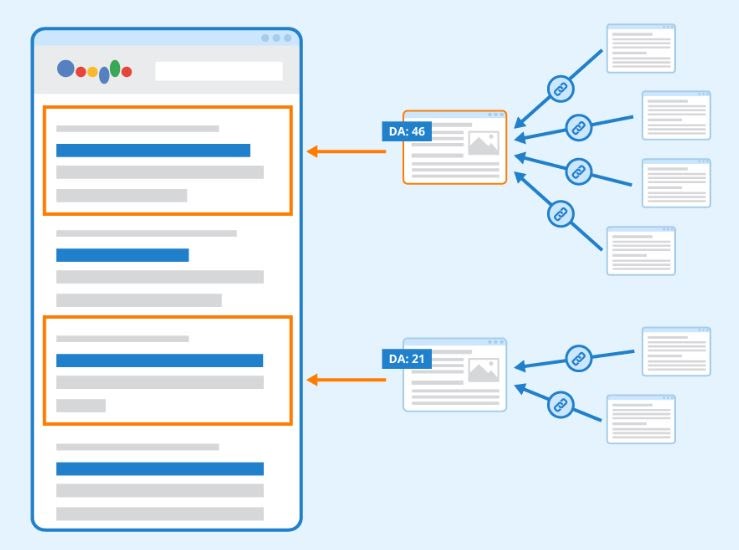In the ever-evolving landscape of digital marketing, search engine optimization rapid url indexer Optimization (SEO) remains a cornerstone for businesses seeking online visibility. One of the critical components of effective SEO is ensuring that web pages are indexed quickly and efficiently by search engines. This is where Rapid URL Indexers come into play.
What is Rapid URL Indexing?
Rapid URL Indexing refers to the process by which new or updated web pages are quickly discovered and indexed by search engines like Google, Bing, and Yahoo. This rapid indexing is crucial because it determines how soon users can find your content through search queries. The faster your pages are indexed, the sooner you can start receiving organic traffic.Importance of Rapid URL Indexing in SEO
- Timely Content Visibility: In a digital environment where content is continuously being produced, rapid indexing ensures that your new pages are available to users almost immediately. This is particularly important for time-sensitive content, such as news articles, product launches, or promotional events.
- Improved Search Rankings: Quick indexing can lead to faster rankings in search engine results pages (SERPs). When search engines recognize your content quickly, they can crawl and index it before competitors, potentially giving you an advantage in visibility.
- Enhanced User Experience: Users expect up-to-date information. Rapid indexing ensures that the content they find is relevant and timely, leading to higher satisfaction rates and increased likelihood of return visits.
How to Achieve Rapid URL Indexing
To harness the power of rapid URL indexing, consider the following strategies:- Submit URLs to Search Engines: Most search engines offer tools for webmasters to submit URLs directly. Google Search Console and Bing Webmaster Tools allow you to notify the search engine of new or updated content.
- Use Sitemaps: Create and submit an XML sitemap to search engines. Sitemaps provide a structured list of your site's URLs, helping search engines crawl and index your site more effectively.
- Leverage Social Media: Share your new content on social media platforms. This not only drives traffic but also signals to search engines that your content is fresh and relevant.
- Build Backlinks: Creating backlinks from authoritative sites can lead search engines to discover your content more quickly. Collaborate with other content creators and websites to establish a network of backlinks.
- Optimize Internal Linking: Use internal links to guide search engines to your new content. A well-structured internal linking strategy can help crawlers find and index new pages faster.
- Utilize Rapid URL Indexing Tools: Several tools and services specialize in accelerating the indexing process. These tools can automate the submission of your URLs and optimize the way search engines discover your content.
Challenges and Considerations
While rapid URL indexing is beneficial, it is essential to maintain quality over speed. Here are some challenges to be aware of:- Over-Indexing: Submitting too many URLs too quickly can lead to over-indexing, where search engines struggle to keep up with the volume, potentially resulting in lower quality rankings.
- Quality Content: Rapid indexing should not compromise the quality of your content. Ensure that what you publish is valuable, relevant, and well-optimized for SEO.
- Algorithm Changes: Search engines frequently update their algorithms, which can affect how quickly and efficiently URLs are indexed. Stay informed about changes to ensure your strategies remain effective.


